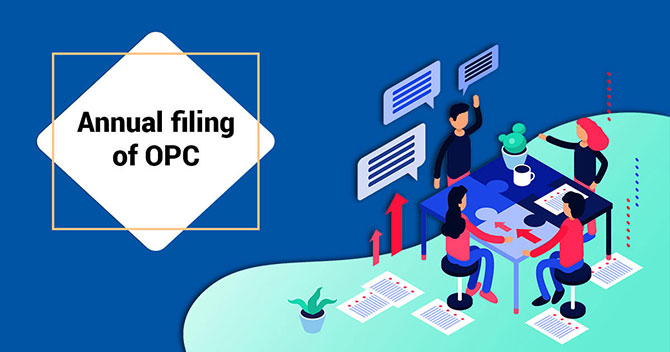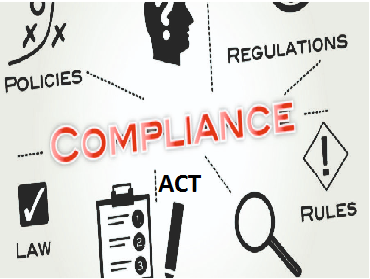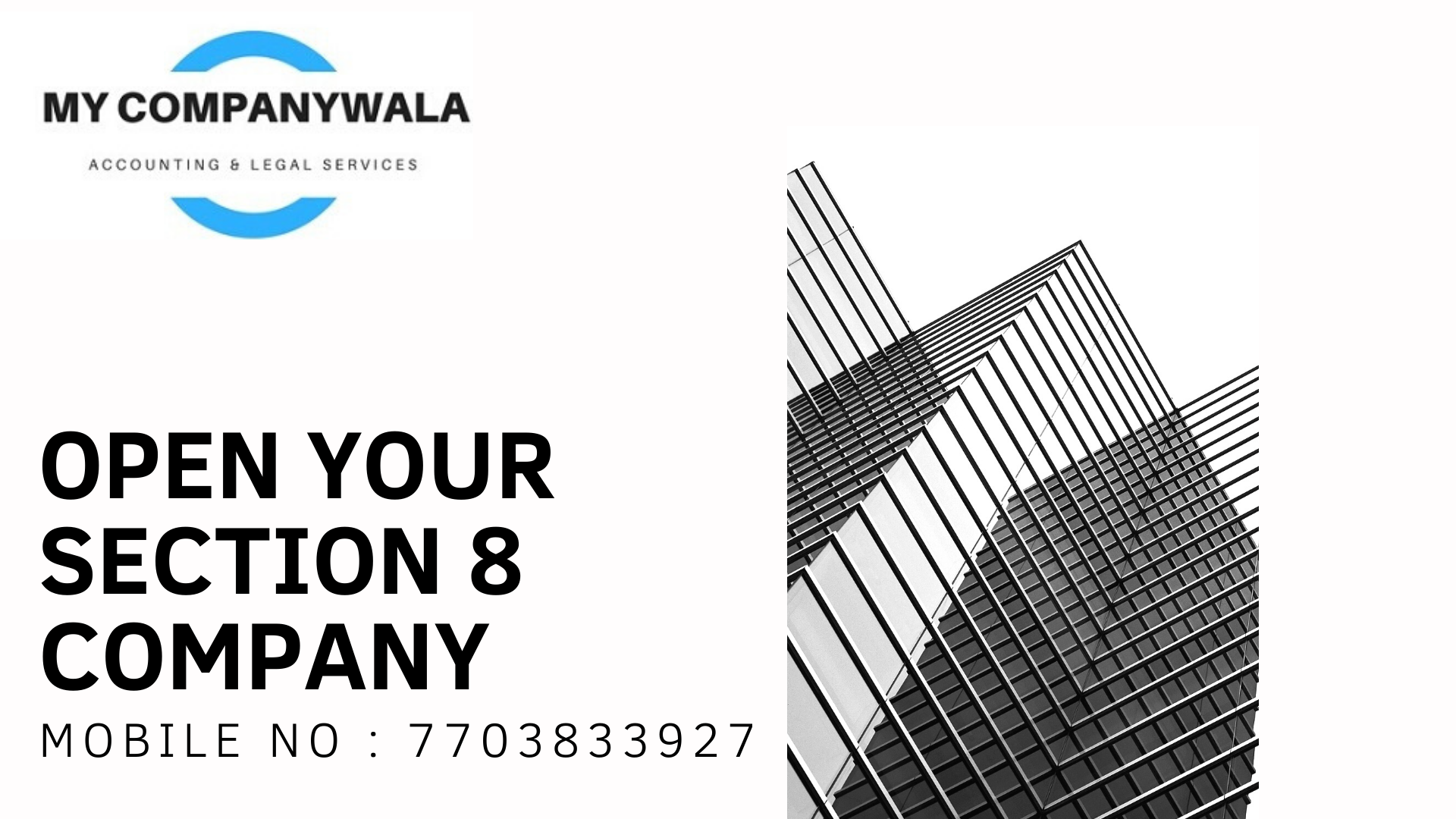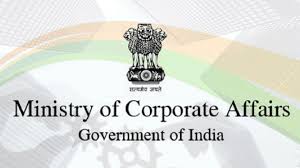Government Fees for Trademark Registration in India: A Complete Guide for Startups and SMEs

Trademark registration is essential for businesses looking to protect their brand identity and intellectual property. Understanding the government fees for trademark registration is crucial in determining the overall cost of the registration process. Whether you are a startup, SME, or a larger company, registering a trademark ensures that your brand is legally protected and can’t be used by others without permission. In this comprehensive guide, we will break down the government fees for trademark registration in India, explain the different types of fees based on your applicant category, and provide insights on the various stages of trademark registration. Additionally, we’ll cover other costs involved in the process to help you make informed decisions. By the end of this guide, you will have a clear understanding of the government fees for trademark registration, how to budget for your trademark application, and the best strategies for avoiding unnecessary costs. A trademark is a unique symbol, logo, name, phrase, or design that distinguishes your products or services from those of other businesses. When you register a trademark, it gives you the exclusive legal right to use it, preventing others from using a similar mark that could confuse consumers. Legal Protection: By registering your trademark, you gain legal protection for your brand. You are the only one authorized to use that trademark in the market. Brand Recognition: A registered trademark makes it easier for customers to recognize your products or services, increasing your brand’s visibility. Market Value: A registered trademark enhances the value of your brand, making it more appealing to potential investors and partners. Trademark examples include: Nike's Swoosh logo McDonald's Golden Arches Apple's Apple logo Trademark registration in India involves several key steps. The process can be straightforward if you understand the requirements and costs involved, particularly the government fees for trademark registration. Here’s a detailed look at each step: Trademark Search: Before applying for a trademark, you need to ensure that no other businesses are using a similar mark. Conducting a trademark search helps you avoid the rejection of your application due to an existing trademark. Filing the Application (Form TM-A): Once you’ve confirmed your trademark’s uniqueness, you can file an application with the Trademark Office. This is where you pay the government fees for trademark registration. Filing can be done online (E-filing) or physically. Examination & Journal Publication: The Trademark Office will examine your application. If there are no objections, your trademark will be published in the Trademark Journal. This allows third parties to file objections within a given period. Issuance of Registration Certificate: If no objections are raised, your trademark will be officially registered, and you will receive a trademark registration certificate, solidifying your rights to the mark. The government fees for trademark registration are paid at each stage of this process, depending on the filing mode and applicant category. The government fees for trademark registration can vary based on several factors, such as the applicant type (individual, startup, MSME, or company), and whether the application is filed electronically or physically. Here's a breakdown of the government fees for trademark registration: E-filing: ₹4,500 per class Physical filing: ₹5,000 per class E-filing: ₹9,000 per class Physical filing: ₹10,000 per class What is a class? A class refers to a specific category of goods or services that your trademark will cover. There are 45 classes under the trademark classification system. For instance: Class 25: Clothing, footwear, and headgear Class 42: IT services, software development, etc. If your business operates in multiple industries, you will need to file for more than one class, each of which will incur additional government fees for trademark registration. Important: The government fees for trademark registration are applicable to each class you wish to protect. Therefore, the more classes you file for, the higher your registration costs. Apart from the government fees for trademark registration, there are other costs that may arise during the trademark registration process: Trademark Attorney or Agent Fees: Although it's not mandatory to hire a professional, doing so can ensure a smoother registration process. Fees typically range from ₹2,000 to ₹10,000, depending on the complexity of the case. Objection or Opposition Costs: If your trademark faces objections or opposition during the examination, additional costs may arise for responding to them. Renewal Fees: Trademarks need to be renewed every 10 years. The renewal fee ranges from ₹4,500 to ₹10,000 per class. Digital Signature Certificate (DSC): A DSC is required for E-filing and typically costs around ₹1,400. While these costs are separate from the government fees for trademark registration, they are important to factor into your overall trademark budget. Several factors can affect the total costs of trademark registration, including the government fees for trademark registration. These factors include: Number of Classes: If you need to register your trademark in multiple classes, you will need to pay additional fees for each class. Trademark Design: If you are filing for both a logo and a name, additional steps may be required, increasing the total cost. Legal Assistance: Opting for professional legal assistance can reduce the risk of errors and delays, but it comes at an additional cost. Objections or Oppositions: If your trademark faces legal challenges, additional costs may arise as you address them. By understanding these factors, you can plan accordingly and avoid unexpected expenses when registering your trademark. When deciding between single-class or multi-class trademark applications, it's essential to understand how the costs compare. Here's a table that compares the fees for both options: Use Cases: Single Class: Ideal for businesses that operate within a single industry or sector. Multi-Class: Suitable for businesses that span multiple industries and need to protect their trademark in more than one class. The government fees for trademark registration will increase with each additional class, so it’s important to assess your business needs and decide whether a single or multi-class application is right for you. When filing for trademark registration, it's easy to make costly mistakes. Here are some common pitfalls to avoid: Not Conducting a Trademark Search: Failing to check if your trademark is already registered can lead to a rejected application. Filing in the Wrong Class: Filing under the incorrect class can delay the registration process or lead to additional costs. Overpaying for Services: Without proper guidance, you may end up paying for unnecessary services or filing incorrectly. Avoiding these mistakes can save you both time and money, and ensure your trademark registration process goes smoothly. Trademark registration can be a complex and time-consuming process. Choosing the right trademark consultant can help you avoid common mistakes and ensure that your application is filed correctly. Here’s how a consultant can benefit you: Expert Guidance: Legal experts can provide advice on selecting the correct classes and ensuring that your trademark is unique. Faster Process: Consultants can speed up the filing process by handling all the paperwork and communication with the Trademark Office. Cost Efficiency: While hiring a consultant involves additional costs, it can save you money in the long run by avoiding errors that could lead to rejected applications or additional fees. MyCompanywala offers affordable and transparent trademark registration services to help you navigate the process effortlessly. MyCompanywala is one of India’s leading platforms for startup legal services, offering expert trademark registration services. Here’s why you should choose MyCompanywala for your trademark registration: Transparent Pricing: No hidden charges—only clear, upfront costs. Expert Legal Team: Our team ensures your trademark is filed correctly, without delays. Seamless Online Filing: We make the process easy and efficient with a fully online filing system. Affordable Fees: Our services are designed to be cost-effective, especially for startups and SMEs. Trademark registration is a critical step in protecting your brand. Understanding the government fees for trademark registration and other associated costs can help you plan your budget effectively and avoid unexpected expenses. Whether you are filing for a single-class or multi-class trademark, professional guidance from MyCompanywala ensures a smooth, hassle-free process. The government fees for trademark registration depend on the applicant type. For individuals or MSMEs, it’s ₹4,500 per class for E-filing and ₹5,000 for physical filing. For companies, it’s ₹9,000 per class for E-filing and ₹10,000 for physical filing. Yes, trademark registration can be done online through the official Trademark Office website. E-filing is cheaper and faster than physical filing. A trademark is valid for 10 years from the date of registration. After that, it must be renewed. The renewal fees range from ₹4,500 to ₹10,000 per class, depending on the applicant type and filing method. If there is an opposition, you will need to respond legally, which may incur additional costs for legal services. Yes, you can file for multiple classes, but each class will incur the government fees for trademark registration. While it’s not mandatory, hiring a trademark consultant can help prevent errors and speed up the process. It typically takes 18 to 24 months, depending on whether there are any objections or oppositions.What Is a Trademark and Why Is It Important?
Why is trademark registration important?
Understanding the Trademark Registration Process
Government Fees for Trademark Registration in India
1. Individual / Startup / MSME Applicants:
2. Other Entities (LLPs, Companies, Trusts, etc.):
Additional Costs Beyond Government Fees
Factors That Influence Trademark Costs
Cost Comparison: Single Class vs Multi-Class Application
Common Mistakes to Avoid in Trademark Filing
Why Choosing the Right Trademark Consultant Matters
Why Register with MyCompanywala?
Final Thoughts
Frequently Asked Questions (FAQs)
Q1. What are the government fees for trademark registration in India?
Q2. Can I register my trademark online?
Q3. How long is a trademark valid?
Q4. How much are the renewal fees for a trademark?
Q5. What happens if someone opposes my trademark?
Q6. Can I file for multiple classes at once?
Q7. Do I need legal assistance for trademark registration?
Q8. How long does the trademark registration process take?

























.jpg)
.jpg)



.jpg)
.jpg)
.jpg)
.jpg)










